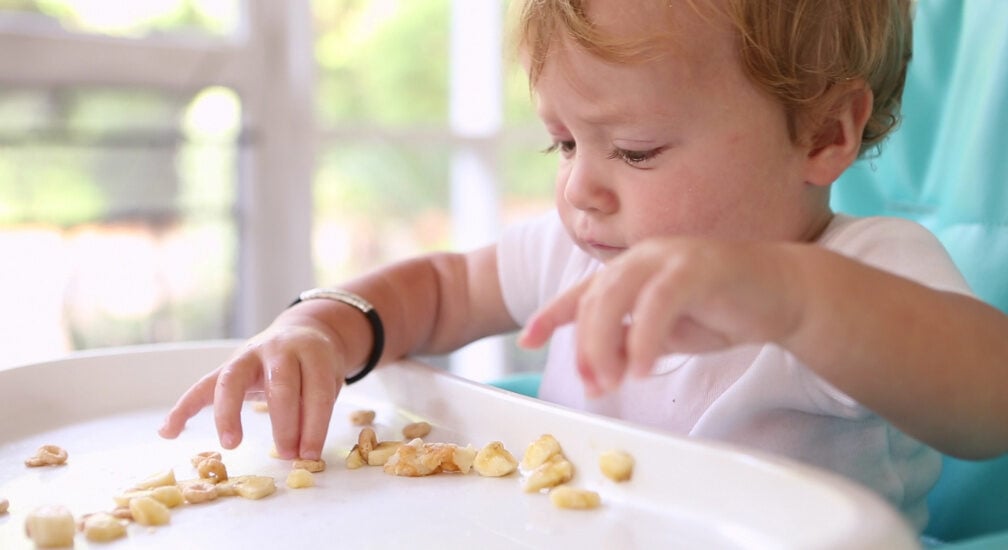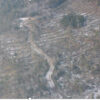
KJIPUKTUK (Halifax) – Infant feeding guidelines have dramatically changed since baby food products first launched. After recent reports questioned the safety of many staple baby food brands and a class action lawsuit was launched against them, the modern practice of ditching purees called baby-led weaning has become infinitely more palatable.
The concept of baby-led weaning is technically not a new one. This was the way babies were fed before the existence of the baby food aisle. In short, baby led weaning is simply being given soft foods from family meals alongside breast milk starting at 6 months.
Experts once suggested solids be introduced at 4 months of age.This is a time in infant development when hand eye coordination and swallowing skills require spoon feeding. The jar baby food industry was born to make this method of feeding more convenient.
However in 2003 WHO changed recommendations to starting solids at 6 months. By this age, infants are able to feed themselves by hand, making purees virtually unnecessary.
On february 5th 2021 shocking industry reports made national newscasts questioning the safety of purees in the US. These reports and upcoming changes to government food regulations underline the increasing importance of baby led weaning.
The published findings by the congressional report in the US included dangerously high levels of toxins in leading baby food brands. The report stated: “Exposure to toxic heavy metals causes permanent decreases in IQ, diminished future economic productivity, and increased risk of future criminal and antisocial behavior in children.”
A class action lawsuit against the listed baby food manufacturers launched a week after the report was announced. The report also suggested that there was negligence of large food manufacturers to cooperate with the investigation.
Health Canada responded saying “baby food is safe” yet also said that “it’s working to establish new guidelines for maximum allowance of arsenic in rice based baby foods and working to lower the amount in children’s fruit juice.”
Today these products are not just ubiquitous in stores, they are given priority donation status at food banks to already vulnerable populations. If the report and lawsuits are found to have merit, baby-led weaning will not just continue to grow in popularity, puree brands that were once household names may become relics of the past.
See also: If you can see it you can be it: Nova Scotia media must stop marginalizing breastfeeding
Check out our new community calendar!
With a special thanks to our generous donors who make publication of the Nova Scotia Advocate possible.
Subscribe to the Nova Scotia Advocate weekly digest and never miss an article again. It’s free!




Great article! It seems to me much of what’s old is new again. Why wouldn’t we want to get closer to what nature intended.
I (like many other women) was not able to breastfeed my babies. Although this was heartbreaking for me, I am a huge supporter and it truly warms my heart to see women breastfeeding their babies. What is heartbreaking is to read articles like this that make women like myself feel like we have done nothing but poison our children. I have read plenty of articles that discuss the benefits/challenges of breastfeeding while also discussing the benefits/challenges of formula and infant food….both referencing scientific articles and food safety (Canadian AND U.S) Articles written like this seem to push a one-sided opinion without considering/properly researching anything else.